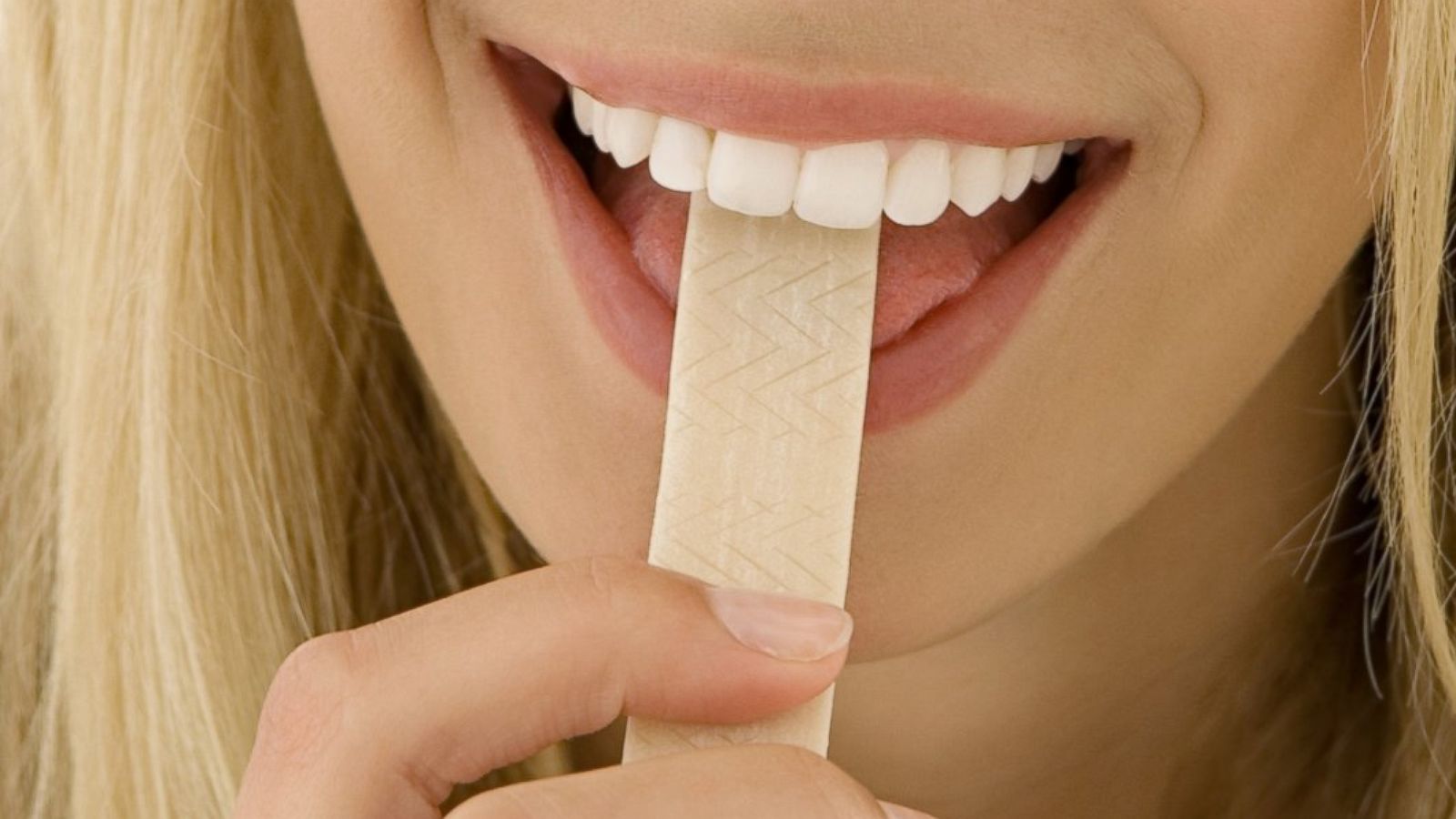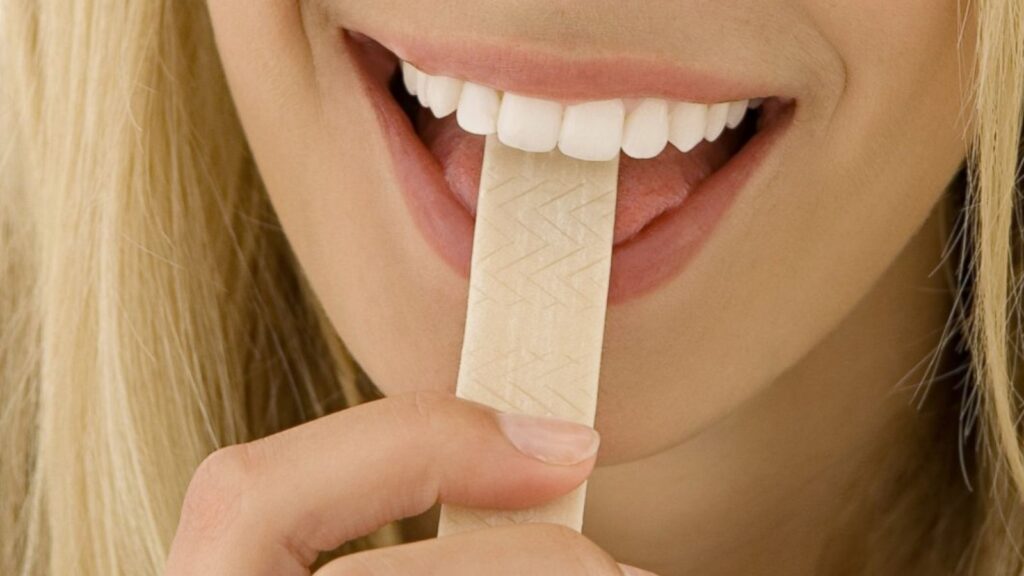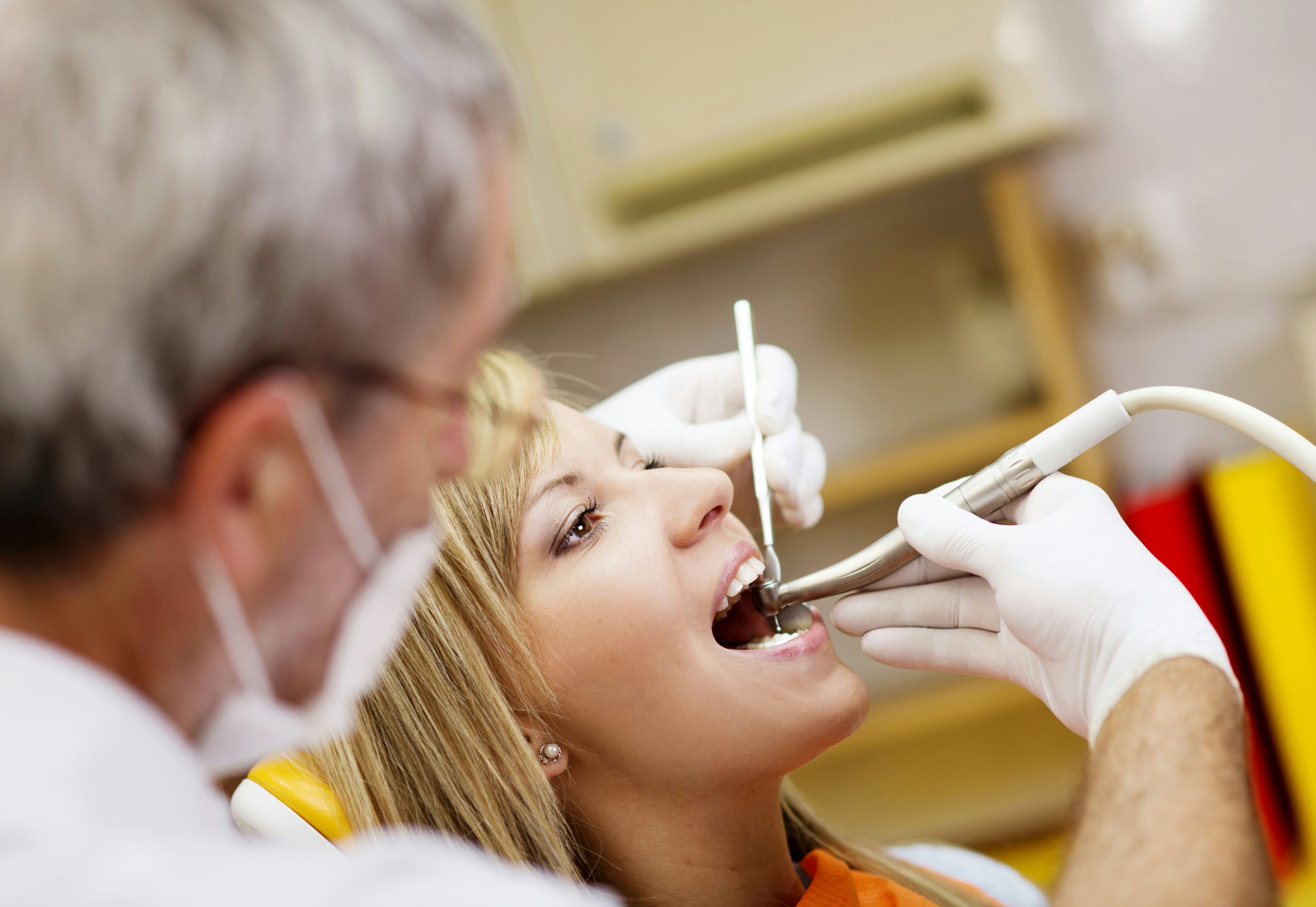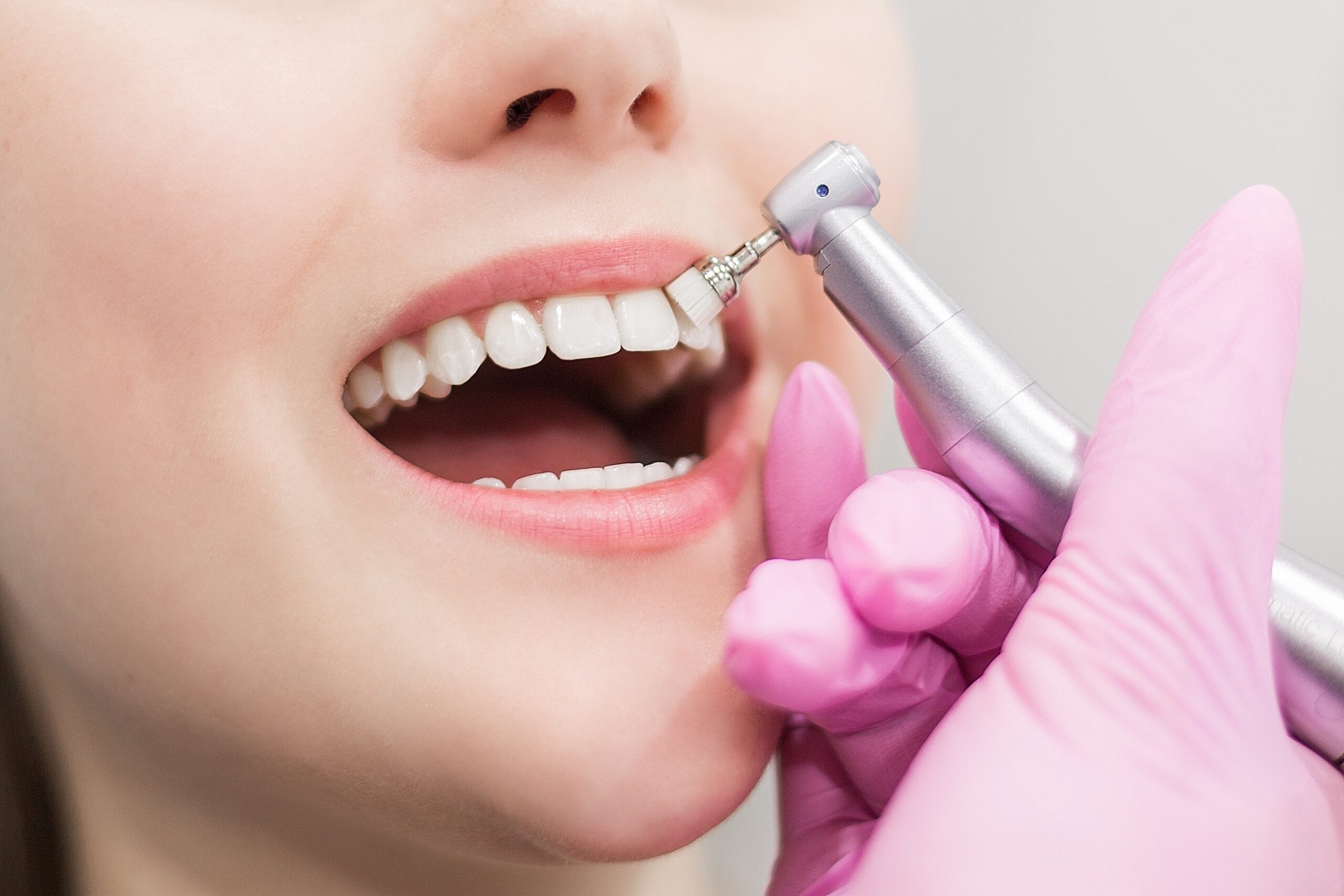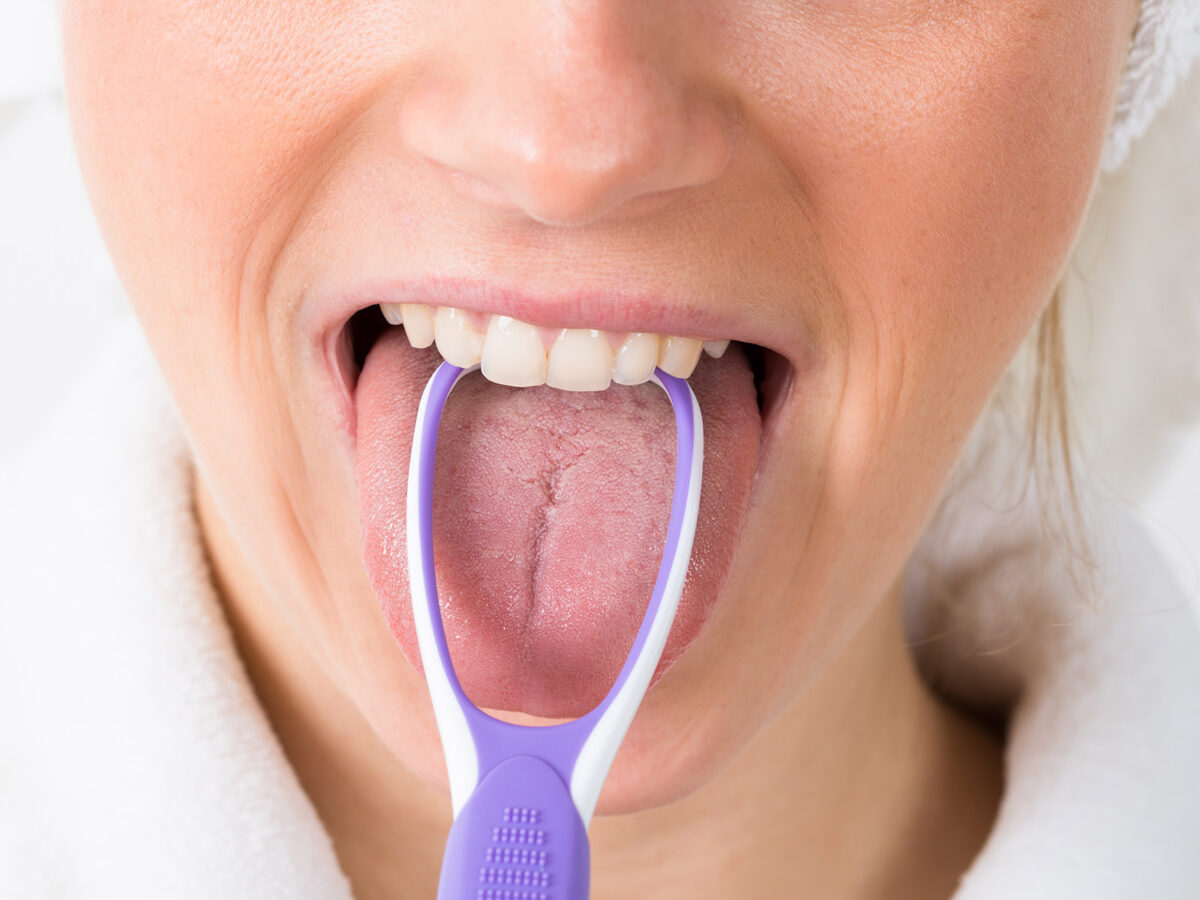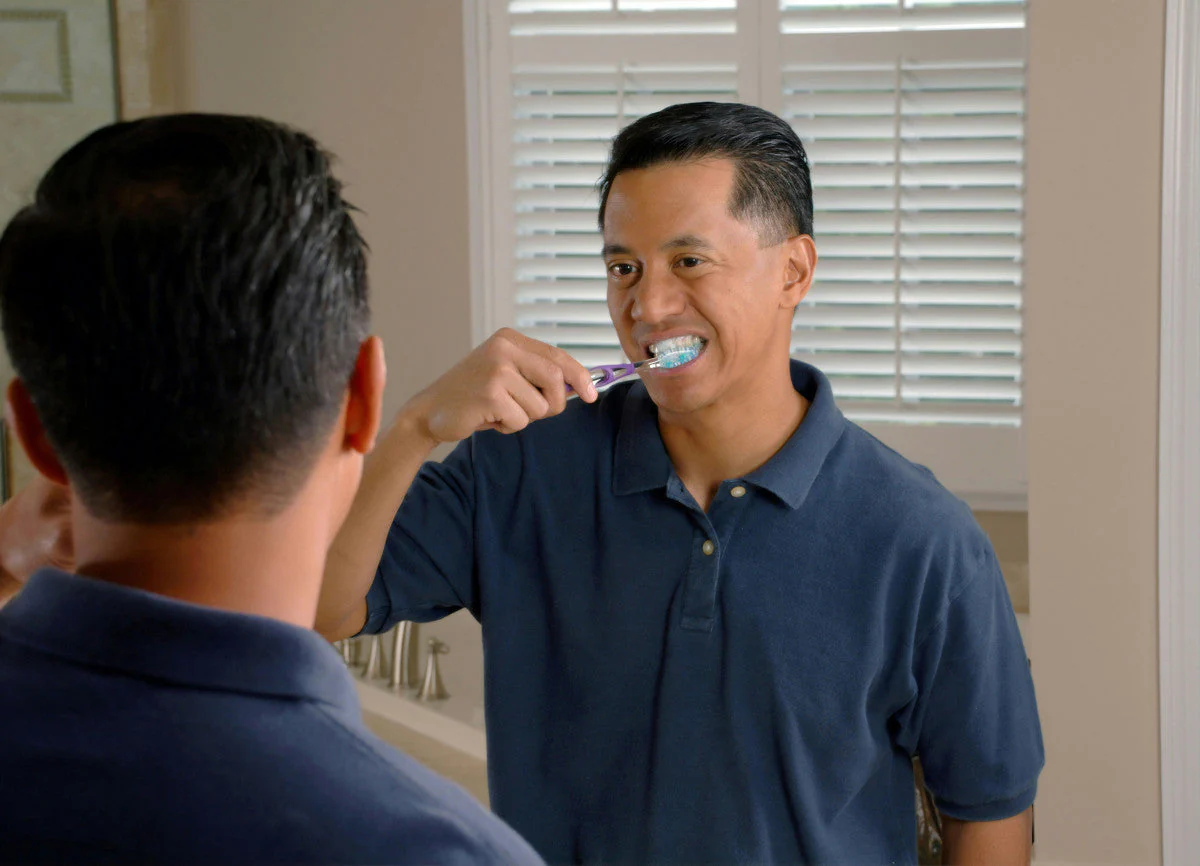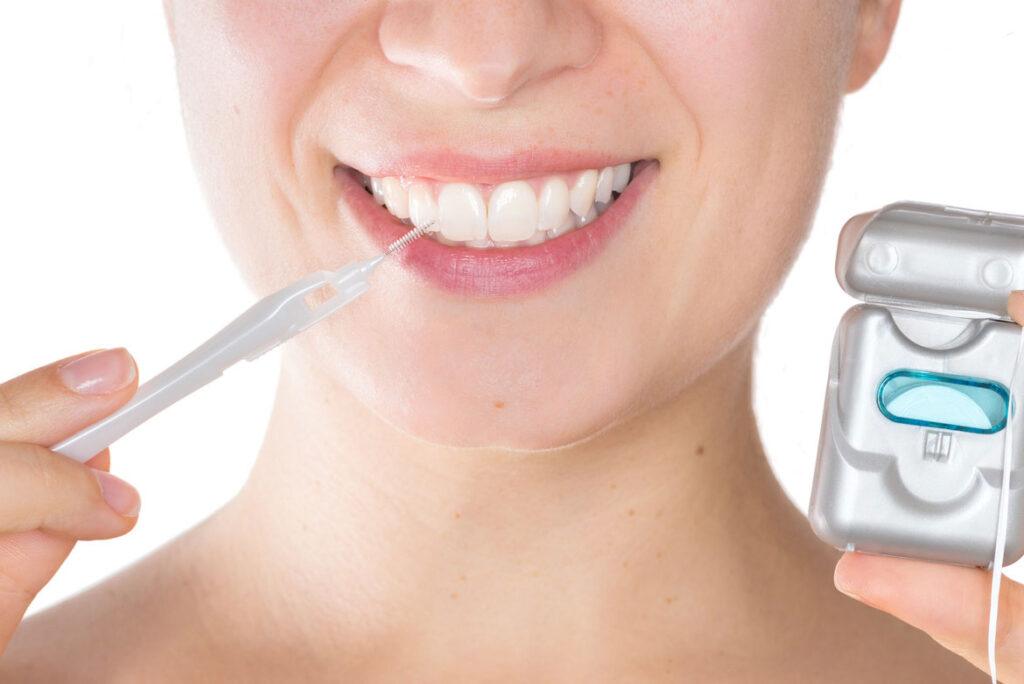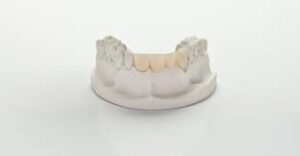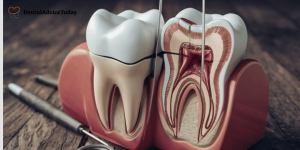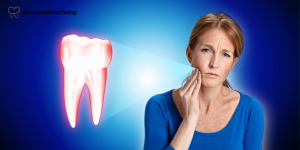Have you ever asked yourself whether chewing gum is really helpful to your teeth or if it is a secret that it is damaging your teeth? Are you aware of the effect of your daily gum habit on your smile and oral health? You are supposed to be careful about what kind of gum you are chewing as not every gum acts in the same manner on your teeth.
It is possible to take care of your mouth by preventing bacteria, which is good, but you can also ruin enamel by chewing too much. You are supposed to know how and when to chew well. There is no need to stop chewing gum, yet you should be able to make more informed decisions regarding your teeth by knowing what it does to them in everyday life.
Top 5 Key Benefits of Chewing Gum for Your Teeth
Now you are supposed to know that chewing gum does not just keep your breath fresh but in fact, it has some amazing effects on your teeth. You may preserve the enamel, stimulate saliva and avoid the harmful bacteria accumulation. You do not chew just to have fun, you also keep your mouth clean in between meals.
Fresh breath and reduced plaque may be noticed when you use sugar-free gum. You need to chew not too much and to choose dental experts’ approved gums. Gum is a quick and healthy habit that you can make to maintain oral health. You are not substituting brushing, but the chewing will make your mouth cleaner and healthier each day.
1. Increases Natural Saliva Flow
You need to know that chewing gum increases the amount of saliva, which in turn cleans your mouth automatically. You can neutralize the food acid and prevent the destruction of your enamel. You do not disregard the power of saliva since it aids in the clearing of food particles and bacteria. You can also experience immediate freshness when chewing.
Remember that sugar-free gum after meals should be chewed to achieve maximum advantage. You can make your mouth less dry and painful in a short period of time. You do not depend on gum as a sole source of hygiene, but regular usage of it keeps the teeth clean and healthy with strong moisture and balance throughout the day.
2. Helps Prevent Tooth Decay
You must know that chewing gum is sugar-free and therefore can prevent tooth decay by decreasing the level of acid in the mouth. You can counteract disease causing bacteria which makes enamel weak with time. Chewing gum is not always required but chewing after eating is significant. When you practice this habit you may find fewer cavities. You must avoid gums with sugar since these gums feed bacteria. You may keep your teeth safe by ensuring you use gums that have xylitol as it is a natural antidecadent. You do not miss brushing, however gum provides a bit of a defense, in addition to the daily teeth issues.
3. Reduces Plaque and Bacteria
What you need to know is that sugar-free gum which is chewed up can help to reduce plaque as well as bad bacteria in your mouth. It makes it habitual so you can have cleaner teeth and fresher breath. It does not mean that you rely on gum only, but regular brushing is the most important.
After a couple of minutes of chewing, you can tell that you have smoother teeth. Your mouth also ought to be rinsed occasionally to be extra fresh. You may also use good hygiene along with gum. The accumulation of plaque is not overlooked as it makes one develop severe dental issues. Regularly chewing gum prevents bacteria from building up and makes your smile bright.
4. Freshens Breath Effectively
You are expected to know that chewing gum is instantly refreshing as it gets the particles that cause an odor off of your mouth. It is natural to chew after you eat in order to prevent bad breath. You do not disguise the issue in mere flavor; gum is good to clean your mouth as well. You can take minty or herbal gum in case of long-term freshness.
One should remain hydrated as it exacerbates problems with the breath. The combination of gum brush and flossing may be the most successful. You do not hide oral care routines, and gum can provide instant confidence whenever you need to freshen breath in your busy day.
5. Strengthens Tooth Enamel Naturally
It is important to note that chewing sugar-free gum improves the reinforcement of enamel because it enhances calcium and phosphate flow in saliva. Damage to enamels can be repaired by itself in case of minor damage. Simple defense does not require elaborate procedures. To enhance the health of enamel, you can chew for ten to fifteen minutes after you have eaten.
You are supposed to select gums that contain xylitol, so that they become stronger. You are able to maintain the level of pH of your mouth and avoid acid erosion. You do not undervalue this easy routine; regular chewing makes the enamel hard, teeth sturdy, and your general oral health improves every day.
Top 5 Main Drawbacks of Chewing Gum for Your Teeth
You must understand that as much as chewing gum is good, it might destroy your teeth in case you use it excessively. With repeated chewing, you may get sensitivity, strain in the jaw or dental damage. It is not necessary to stop altogether, however, the balance is essential. You can experience pain or discomfort after prolonged chewing. To prevent unnecessary cavities, you are supposed to choose gum that is free of sugar. One way to preserve your teeth is by reducing the number of times you chew in a day. You do not disregard warning signs of your mouth, since prevention plays a role in keeping your teeth strong and your mouth generally comfortable over an extended period of time.
1. Causes Jaw Muscle Strain
You need to be aware that chewing all the time may overstrain your jaw muscles and lead to tightening or soreness. After a prolonged chewing period, you may experience soreness on one side. You do not disregard light pain since it may cause tension or headaches in the future.
When opening your mouth, you might find that you are hearing pops. You must not over chew your mouth and keep resting your jaw. You may gnash softly and reverse sides to avoid straining. You do not compel yourself to discomfort, as resting between sessions makes your jaw relaxed and prevents muscles from being overstrained in the long run.
2. Leads to Tooth Sensitivity
You must be aware that chewing frequently can result in the erosion of enamel, making teeth sensitive. You may experience pain when you eat hot or cold food later. You do not chew too forcefully because the stress on the enamel exacerbates the issue. There is also a possibility of exposing dentin which worsens sensitivity in the long term.
You need to make the choice of a softer gum to decrease friction. You may chew at a moderate level to keep things comfortable. You never overlook a nagging sensitivity, as early consideration averts injury. You can even consult with your dentist to get tips on how to take care of enamel so that you have healthy and pain-free teeth to help you in your daily routine.
3. Increases Risk of Cavities
You ought to know that sugary gum nourishes bacteria that lead to cavities and tooth decay. The chewing of sweetened gum leaves behind sticky residue on the teeth. You do not use ordinary gum when you wish to have healthy teeth. The risk can be minimized by using sugar-free or xylitol-based products.
You are supposed to brush your teeth after eating to keep your mouth clean. It is also possible to rinse using water after chewing to get rid of the remaining sugar. You do not make sweet gum a daily routine, since even temporary use raises the level of bacteria and causes serious dental issues in a short period.
4. Damaged Dental Restorations
It is important to note that dental work such as crowns, fillings and braces may be damaged due to constant gum chewing. Repetitive jaw movements and pressures can be used to loosen or shift restorations. You never chew sticky gum, because it pulls out dental materials.
Perhaps, you can also experience cracking of fillings during chewing. Gum is to be avoided in case of recent dental work. You can consult your dentist on which type of gum would be the best to use in your mouth. You do not neglect minor cracks or pain, as broken restorations cause severe pain and are very expensive to repair successfully.
5. Affects Bite Alignment Over Time
It is important to know that chronic gum chewing can influence your bite pattern. You are able to exert disproportionate pressure on your jaw, which gradually moves the tooth positions. You never chew on one side, as that will put a strain on certain muscles and the joints.
You might begin to experience mild discomfort in the jaw or misalignment. To avoid this problem, you should alternate sides or have a short time of chewing. It is also possible to rest your mouth between sessions. You do not ignore these minor routines, as unbalanced habits lead to observable bite issues that could require orthodontic treatment later on.
Conclusion
You need to know that chewing gum may either benefit or harm your teeth, depending on how you use it. By replacing gum with sugar-free gum, you can have the benefits of keeping your breath fresh and your enamel strong. You do not chew too frequently, as too much leads to jaw strength and tenderness.
You can chew gum following meals to keep your breath fresh, but you should never ignore proper brushing and flossing. You are supposed to keep in mind that the secret behind healthy teeth is moderation. You do not use gum as a source of dental treatment, but a sensible use of it is a useful supplement to your oral health regime.
Frequently Asked Questions
Does Chewing Gum Really Benefit Your Teeth?
It is worth noting that chewing the sugar-free gum will clean your mouth and saliva will be produced. Chewing moderately after meals helps you to have better freshness and fewer cavities. You do not chew too much, since too much chewing brings out strain.
Is it possible to substitute brushing with chewing gum?
Brushing should not be substituted with gum, as it does not provide any lasting refreshment. You can brush your teeth with gum but after meals, deep plaque can be removed by brushing. You do not neglect normal oral hygiene because brushing is necessary to keep teeth clean and healthy on a daily basis.
Does chewing gum make my jaw hurt?
Chewing gum can cause pain in your jaw, especially when you chew a lot or prefer one side. It is important to rest your jaw frequently. You may find alternating the sides during the chewing process to ease the strain. You do not neglect pain, as it can be aggravated with time.
What is the best gum concerning dental health?
You need to always choose sugar-free gum, which has xylitol since it fights bacteria and reduces tooth decay. It is easy to get dental-approved ones. You do not prefer sweetened gum, which contains sugar, as it is a risk factor for cavities and a lack of strength of enamel.
How Frequently Should I Chew Gum?
Chew gum should be chewed once or twice a day after eating in order to maintain oral health and also freshen breath. You must not chew for more than ten minutes. You do not chew all the time, since excessive use has a long-term effect on enamel and jaw muscles that results in long-term discomfort or sensitivity.
